The cinematic renaissance that began in the 1960s with the American New Wave continued into the 1970s, as a new generation of young maverick filmmakers upended the Hollywood studio system and brought a new era of creativity to the big screen. Movies began moving away from grand spectacles and romanticized epics, and films were now defined by the grittiness, realism, and cynicism that reflected the political and social unrest the 1960s introduced. And legendary movie critics Gene Siskel and Roger Ebert were there to cover it all.
Siskel began covering film for The Chicago Tribune in 1969, and Roger Ebert joined The Chicago Sun Times as a movie critic in 1975, so they both covered the release of some iconic films during the 1970s. In fact, Siskel holds the decade in such high regard, he called the 1970s the last golden era of movie making, criticizing modern film as defined by studio marketing departments, and not auteurs.
In a 1979 episode of their PBS series Sneak Previews, Siskel and Ebert each named their top ten films of the 1970s. They did not rank them, so we did, from ten to one for each critic.
10. Saturday Night Fever (1977)
John Badham's disco blockbuster Saturday Night Fever may seem like an odd choice for a "Best of the 1970s" list, but the film was Gene Siskel's favorite movie, and he went so far as to buy John Travolta's famous white suit in 1978 for $2,000, and sold it at auction 17 years later for $145,000. The film now stands as a snapshot of American pop culture during its brief obsession with the disco dance craze.
The film, admittedly, isn't quite in the same league as other films on the list, but Siskel loved the mix of the gritty life in Brooklyn and the clubs that offered an escape. "They captured a world we've never seen before," Siskel said of the film in a 1977 episode of Sneak Previews. "It's a very real kind of picture, and I like it just for that."
9. The Emigrants (1972) and The New Land (1973)
Director Jan Troell's two-part epic follows a Swedish family as they leave their failing farm for a better life in America. The Emigrants features fantastic performances from Max von Sydow and Liv Ullmann as a husband and wife who are barely surviving on their rocky Swedish farm, and board a boat for a dangerous trip to America.
In a rare occurrence, the film earned a 1972 Best Foreign Language Film Oscar nomination, but after a wide release in America the following year, the film earned four more nominations in 1973, for Best Picture, Best Director, and Best Actress (Ullmann). That same year, the sequel The New Land, which followed the family's attempt to build a home in Minnesota, earned a Best Foreign Language Film Oscar nomination.
8. Last Tango in Paris (1972)
Director Bernardo Bertolucci's Last Tango in Paris remains a strikingly provocative romantic drama, more than 50 years after its release. Marlon Brando plays a widower who begins a "no-strings-attached" relationship with a Frenchwoman (Maria Schneider), only to discover their attempts to keep things purely sexual has only caused them to yearn for something more substantial.
Released a year after his triumph in The Godfather, Brando picked up the seventh of his eight Best Actor Oscar nominations, although he didn't win, likely due to his infamous protest at the previous award ceremony. Bertolucci earned a Best Director nomination but didn't win either, although he would finally win one for The Last Emperor.
7. Le Boucher (1970)
In Le Boucher (The Butcher), Claude Chabrol directs his wife Stéphane Audran, who plays a schoolteacher who befriends a butcher (Jean Yanne) in a small French village. When people start dropping dead in a series of grisly murders, the teacher begins to suspect her new friend is behind it. The film is a slow burn, but the tension builds deliberately as love, murder, and betrayal all intersect.
6. The Last Detail (1973)
The Last Detail is a hilarious story about two Navy petty officers (Jack Nicholson and Otis Young) escorting a prisoner (Randy Quaid) to serve out an eight-year sentence for stealing $40 from an admiral's wife.
Director Hal Ashby (Being There) and screenwriter Robert Towne adapted Darryl Ponicsan's novel into a dramedy so profane, Columbia actually considered shelving the picture from wide release, until Nicholson won the Best Actor award at the Cannes Film Festival. Nicholson, Quaid, and Towne earned Oscar nominations. Siskel said years later the film features arguably Jack Nicholson's best performance, "which is saying a lot," he admitted.
5. The Sorrow and the Pity (1972)
The landmark documentary The Sorrow and the Pity was first released in West Germany in late 1969, but finally saw a U.S. release in 1972, earning rave reviews and a Best Documentary Oscar nomination. Considered by Siskel as one of the greatest films ever made, the film is exquisitely directed by Marcel Ophüls (an Oscar winner for the documentary Hotel Terminus), who interviewed former Nazi officers and French citizens about their experiences.
While there are some heroic stories of resistance, in one chilling scene after another, a number of Frenchmen recount how they collaborated with the Nazis and turned Jews in, in an effort to save themselves from the wrath of German soldiers. It's one of the most powerful Holocause documentaries ever made.
4. Annie Hall (1977)
Woody Allen's personal scandals have cast a pall over many of his films, but Annie Hall should be appreciated for the effervescent performance by Diane Keaton, who won an Oscar for her iconic role. Siskel called it the decade's funniest film, in which Woody Allen explores "New Yorkers who he (Allen) thinks think too much, and [...] Southern Californians who he thinks don't think enough." He praised the film as "sweet, painful, and always very funny." Woody Allen won the Best Director Oscar, and the film was named Best Picture.
3. Mean Streets (1973)
Martin Scorsese's breakthrough film, Mean Streets, featured Harvey Keitel as a hoodlum trying to make a life in New York City's Little Italy. His love life is on the rocks, and his trouble-making best friend (Robert De Niro, in his first film with Scorsese) is putting their lives at risk with the mob. In discussing the film, Siskel credited Warner Bros. (the studio who financed the film) for taking a chance with an unproven director and a downer script, a risk which paid off for all of us.
2. The Conversation (1974)
Francis Ford Coppola's The Conversation is a slow-burn paranoia thriller featuring Gene Hackman as a surveillance specialist who uncovers a conspiracy after he is hired to record a meeting between a couple. He breaks his own rule about getting personally involved with cases he works on, sending him into a personal spiral that threatens his life.
Even better than the conspiracy at the heart of the story is Coppola's focus on Hackman's Harry, an odd man who is unable to have a meaningful relationship because he doesn't trust anyone. Siskel considers Hackman's performance the finest of his career, and after the final scene, it's hard to argue against that.
1. The Godfather Parts I & II (1972 and 1974)
Francis Ford Coppola's masterpiece adaptations of Mario Puzo's best-selling novel were not just the best films of the decade, they are arguably the finest films ever made. While 1972's The Godfather won three major Academy Awards (Best Picture, Best Actor for Marlon Brando, and Best Adapted Screenplay), it lost in five other categories, with Oscar voters often preferring Cabaret, including Bob Fosse swiping the Best Director award from Coppola.
The Godfather Part II fared better with Academy voters, winning six Oscars, including Best Director and Best Supporting Actor (Robert De Niro). It also became the first sequel to win Best Picture, but incredibly, Al Pacino was again denied an Oscar for his role as Michael. Despite the star power in both films, Pacino's Michael is the emotional core of this saga, and his descent into darkness is perfectly captured in the final scene. Siskel called it "as beautiful, as harrowing, and as exciting as the original."
10. An Unmarried Woman (1978)
An Unmarried Woman stars Jill Clayburgh as a woman who suddenly discovers that her idyllic marriage is falling apart, and she must now define herself on her own terms. Paul Mazersky wrote and directed the film, and Jill Clayburgh earned an Oscar nomination for her performance. It was the best performance in a career that ended far too soon, as Clayburgh died from leukemia in 2010.
Ebert praised An Unmarried Woman as the rare occasion where Hollywood didn't fall into the vicious, sexist tropes of female characterization, and gave us a story with real heart and emotion. It earned three Academy Award nominations in all, including Best Picture.
9. Amarcord (I Remember) (1973)
The 1973 Federico Fellini film Amarcord looks and feels a lot like vintage 1960s Fellini, and that's a very good thing. It's a nostalgic look at life in a town on the Italian coast in the 1930s, when Mussolini's fascism was taking hold. It's largely based on his own life and experiences, presented as a collection of stories surrounding the eclectic residents of the town. Ebert called it "one of the most seductive fantasies I've ever seen."
Beautifully photographed and filled with intricately portrayed characters, the film's parts are more interesting than the whole, but even a disjointed Fellini film is worth a watch. "Amarcord" is actually the phonetic pronunciation of "I remember" in the Italian dialect where the film is set, hence the dual titles often used for the film. It won the 1975 Academy Award for Best Foreign Language film, and you can watch it on HBO Max.
8. Breaking Away (1979)
It's criminal that a film like Best Picture nominee Breaking Away, which was so celebrated in its time, has been largely overlooked today. It's a feel-good story about a kid (Dennis Christopher) from a working-class family with a love of bicycle racing, who is also trying to win the heart of a girl from a wealthy family. Directed by Peter Yates (Bullitt, Krull) and written by The World According to Garp's Steve Tesich (who won an Oscar for Best Original Screenplay for this film), the film earned five Oscar nominations in all, and as it rarely is available to stream, it remains undiscovered by many younger film fans.
Breaking Away was praised by Ebert for perfectly capturing its setting. "It portrayed an America we don't often see on the screen: middle America, the Midwest, the America between the two coasts," he said in an episode of Sneak Previews. In his Chicago Sun Times review, he said "Movies like this are hardly ever made at all; when they're made this well, they're precious cinematic miracles."
7. Nashville (1975)
Robert Altman's masterpiece Nashville is a cultural cross-examination of America, warts and all. An all-star cast portrays Americans from different walks of life as they converge for a political rally in Nashville. The film, which features over two dozen major characters, is many things: a character study, a musical, and a political satire.
Ebert points out that the film's real appeal is the characters, not the plot points. "It tells interlocking stories of love and sex, of hearts broken and mended. And it is a wicked satire of American smarminess," he wrote in his review. The film was nominated for five Oscars, including Best Picture.
6. Days of Heaven (1978)
In Days of Heaven, Richard Gere and Brooke Adams are two lovers who scheme to take the land of a dying farmer (Sam Shepherd), only to have their plan backfire. Adams' Abby marries the farmer, waiting for him to die and take the farm, while Gere's Bill (pretending to be her brother) works as a farmhand, although the farmer begins to suspect the truth.
Acclaimed director Terrence Malick (Badlands) created what Ebert called "one of the most beautiful films ever made," adding "Malick's purpose is not to tell a story of melodrama, but one of loss." Nominated for four Oscars, it won Best Cinematography, and Malick would step away from filmmaking for two decades, until he released The Thin Red Line in 1998.
5. The Deer Hunter (1978)
Ebert points out that The Deer Hunter is not an "anti-war film," but it is very much a "pro-war film," although it pulls no punches on the realities and effects of war. The film follows three friends (Robert De Niro, Christopher Walken, John Savage) from the Pennsylvania Rust Belt who all go to Vietnam, and the conflict utterly destroys them from the inside out.
In his review, Ebert called it "one of the most emotionally shattering films ever made," and the Academy agreed, as it won five Oscars (from nine nominations), including Best Picture, Best Director (Michael Cimino), and Best Supporting Actor for Walken. Sadly, Cimino's next film, Heaven's Gate, was one of Hollywood's biggest bombs ever, and his career never quite recovered.
4. Heart of Glass (1976)
Werner Herzog's Heart of Glass is set in a small German village in the early 1800s, where the town's master glassmaker has died without revealing how he made his famous "ruby glass." This has the townspeople expecting certain doom, now that the town's most famous export can no longer be made. It's said that Herzog regularly had the cast hypnotized by an expert before filming began.
Like many Herzog films and documentaries, Heart of Glass is introspective, odd, and surprisingly funny. Ebert warned the film "should be approached like a piece of music, in which we comprehend everything in terms of mood and aura, and know how it makes us feel even if we can't say what it makes us think."
3. Cries and Whispers (1972)
Ingmar Bergman's masterpiece Cries and Whispers is the emotional story of dying woman whose two selfish, self-centered sisters come to tend to her in her final days. As her condition worsens, past resentments between the sisters rise to the surface, and the woman's only solace comes from a caring maid.
Ebert said in his review "Bergman never made another film this painful [...] It is so personal, so penetrating of privacy, we almost want to look away." Liv Ullmann is fantastic, and the film earned five Oscar nominations, including Best Picture and Best Director.
2. Apocalypse Now (1979)
The 1970s truly belonged to Francis Ford Coppola. After opening the decade with the Godfather films and The Conversation, he closed it with Apocalypse Now, his Vietnam opus with a Heart of Darkness spin.
The drama involved in making the film is well known, but the film stands on its own as unique viewing experience, punctuated by outstanding performances from Martin Sheen, Robert Duvall, and an enigmatic Marlon Brando. Ebert praised Coppola's exploration on America's attitudes towards the war, and said the film's battle scenes were "terrifying and exhilarating at the same time."
1. The Godfather Parts I & II (1972 and 1974)
There is a still-simmering debate over whether the first or second Godfather is the better film. It really should be a moot point, as even director Francis Ford Coppola considers the two films a singular work. He even edited the two films together into one chronologically-told story, The Godfather Saga, for broadcast television. If we must compare the two, it's hard to argue with the perfection of Godfather Part I, but The Godfather Part II overcame the absence of both Marlon Brando and James Caan to deliver a darker, more emotional, more complex tale than the first.
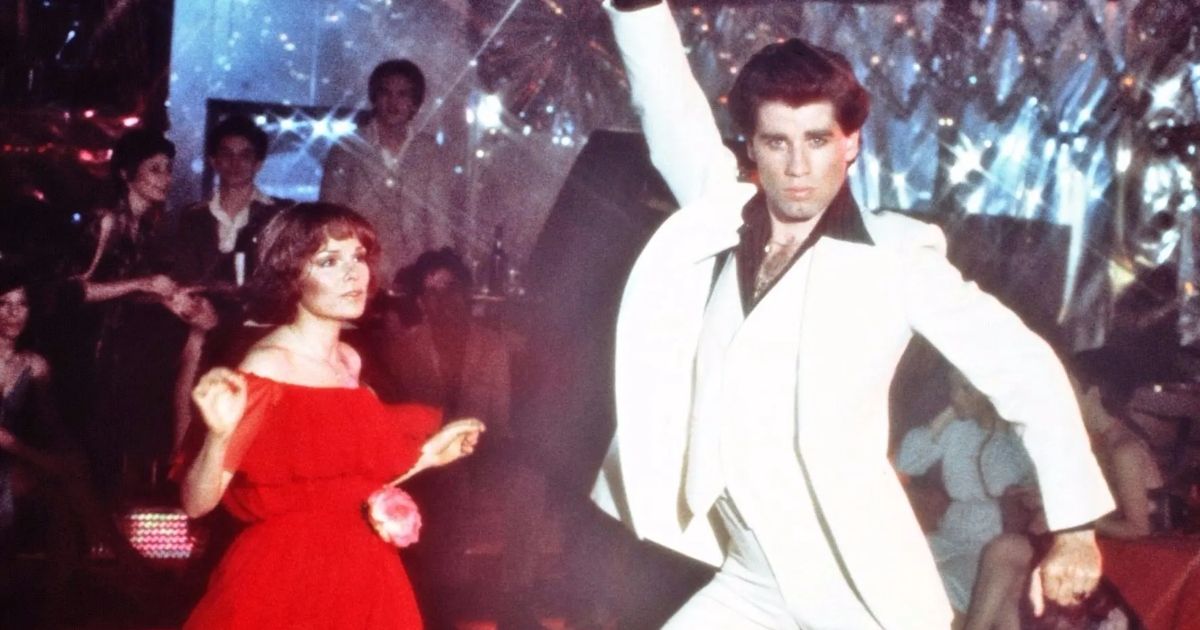
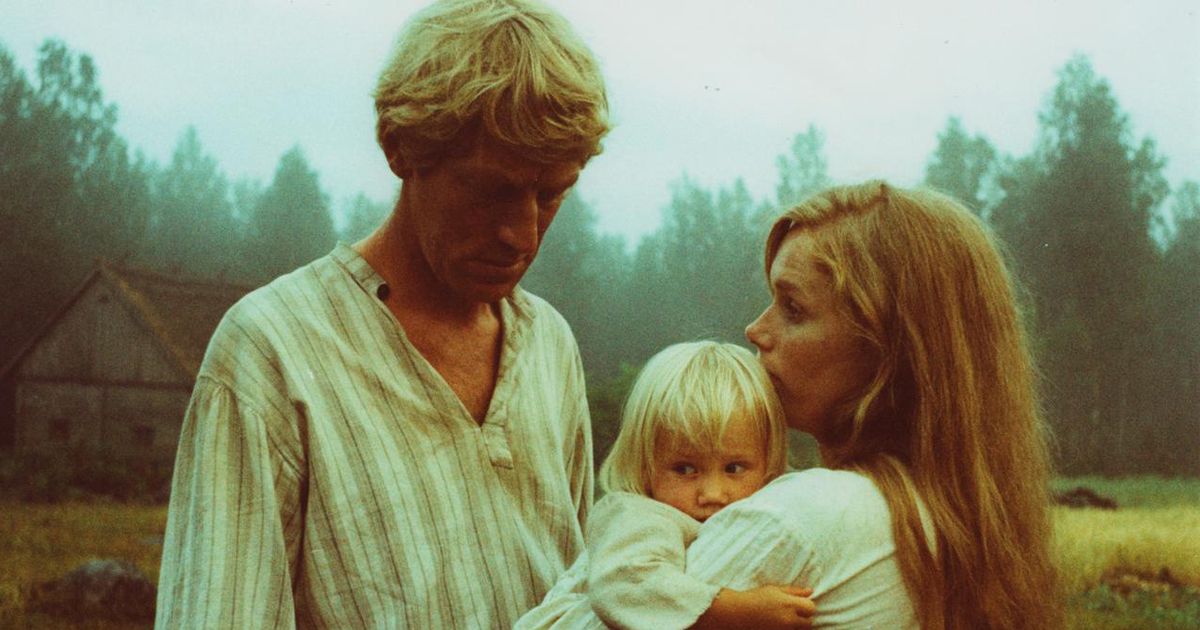
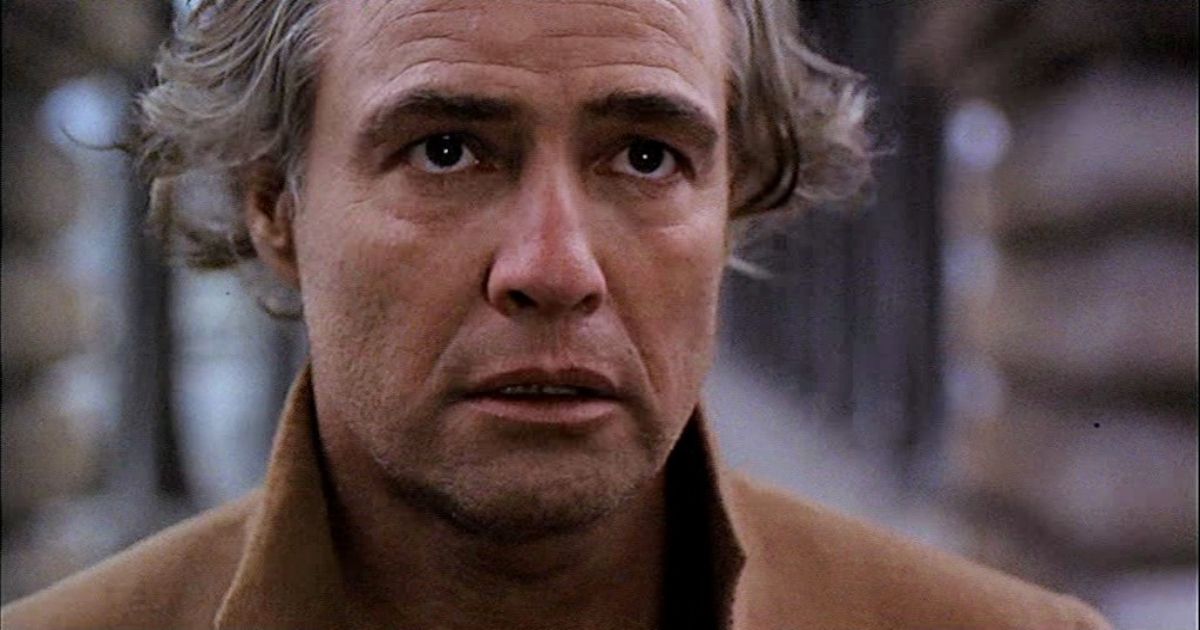

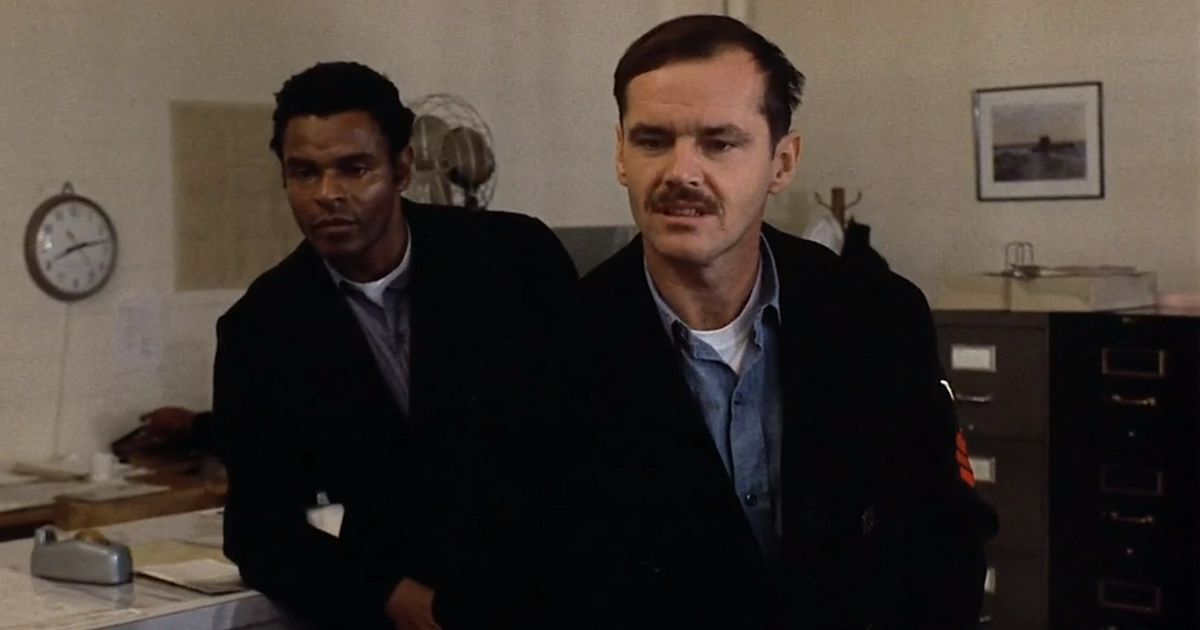
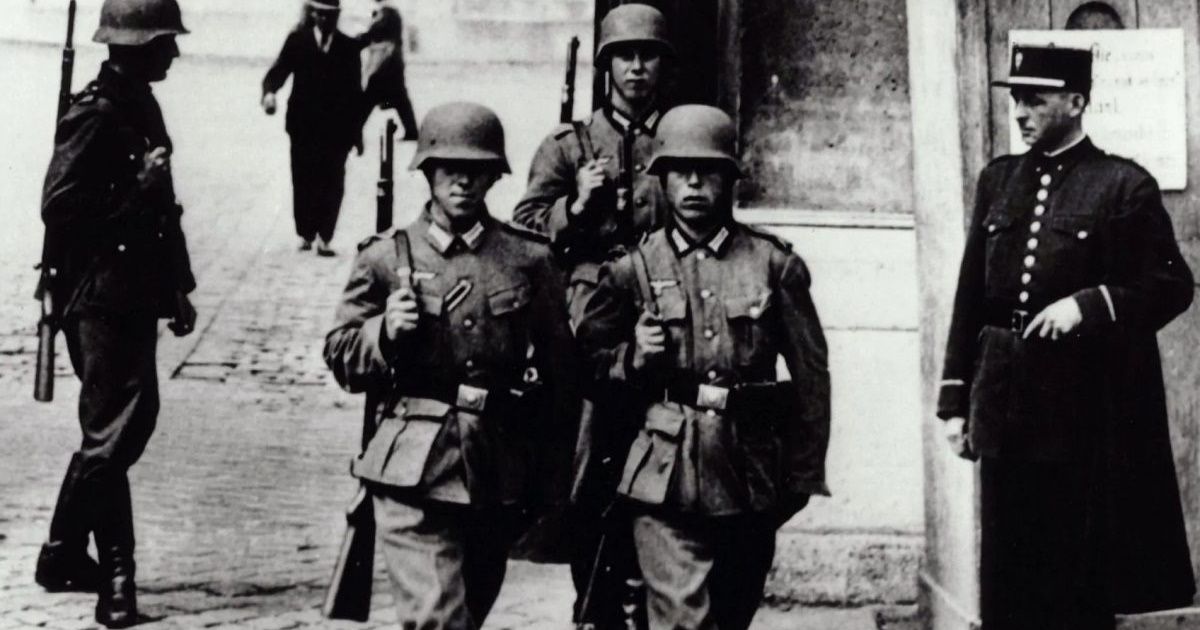
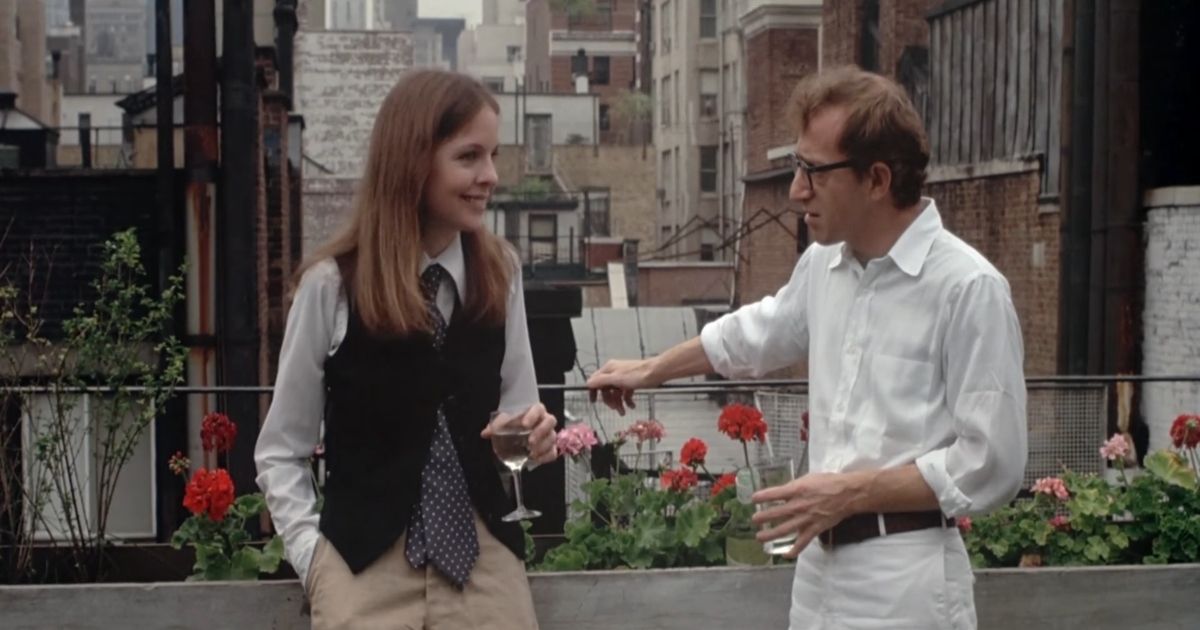
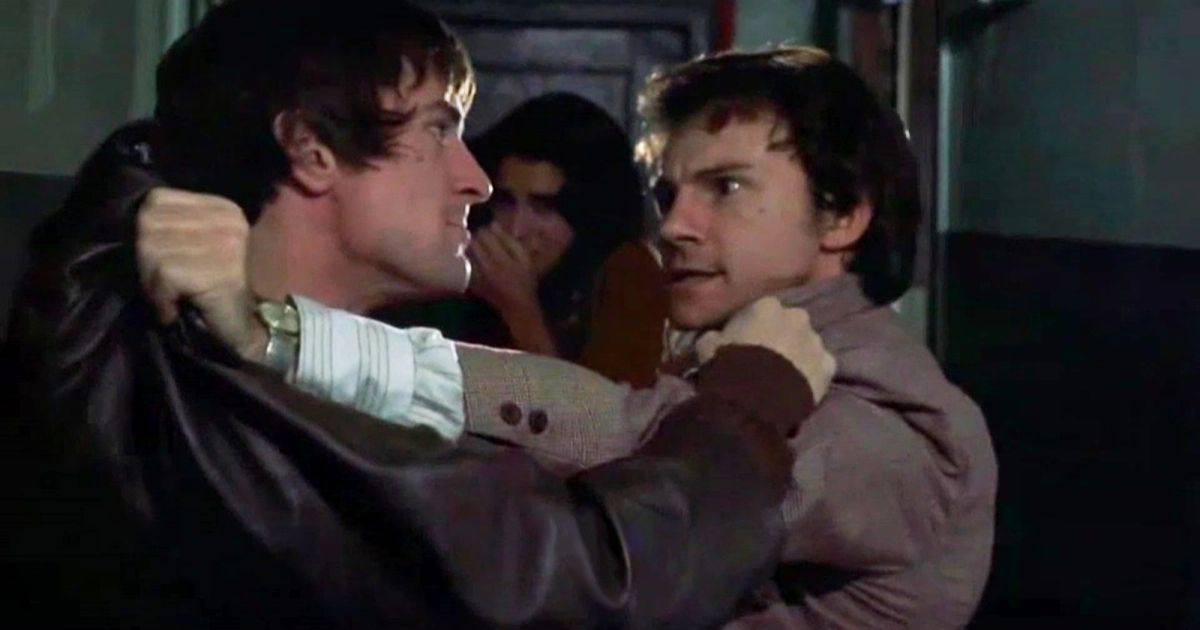
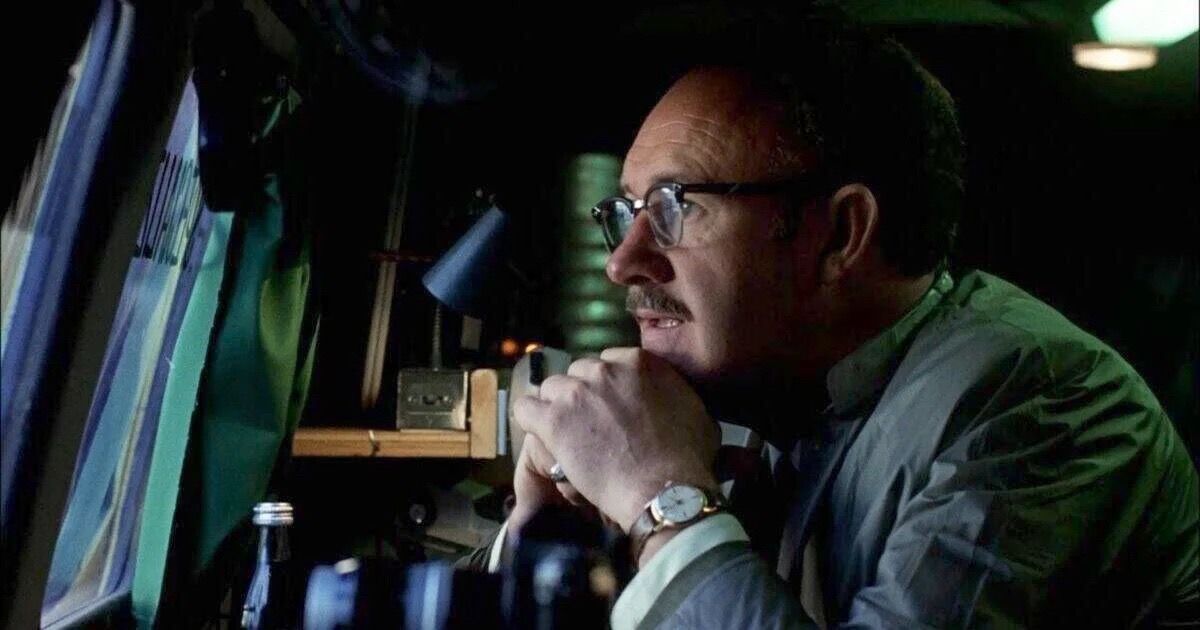
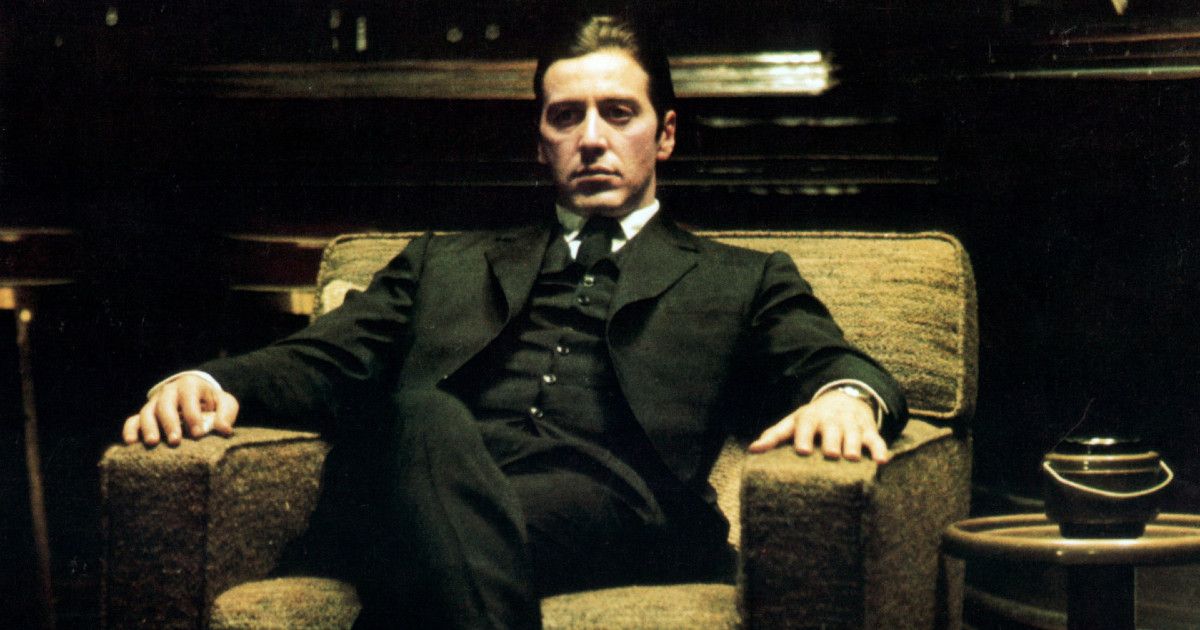
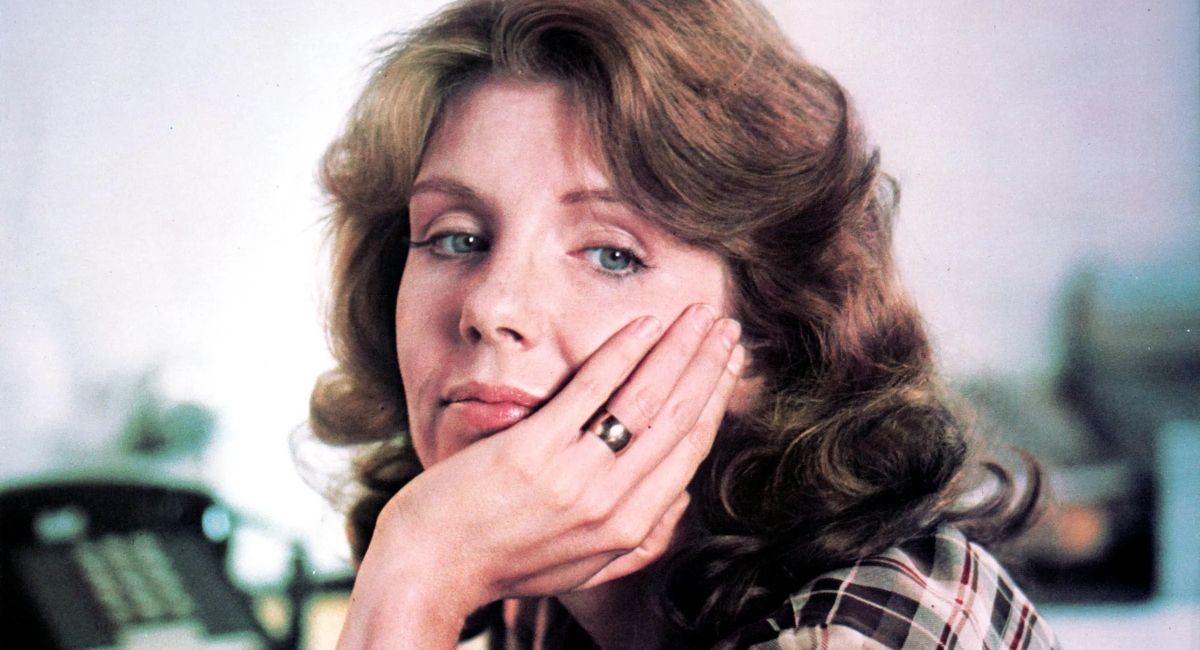
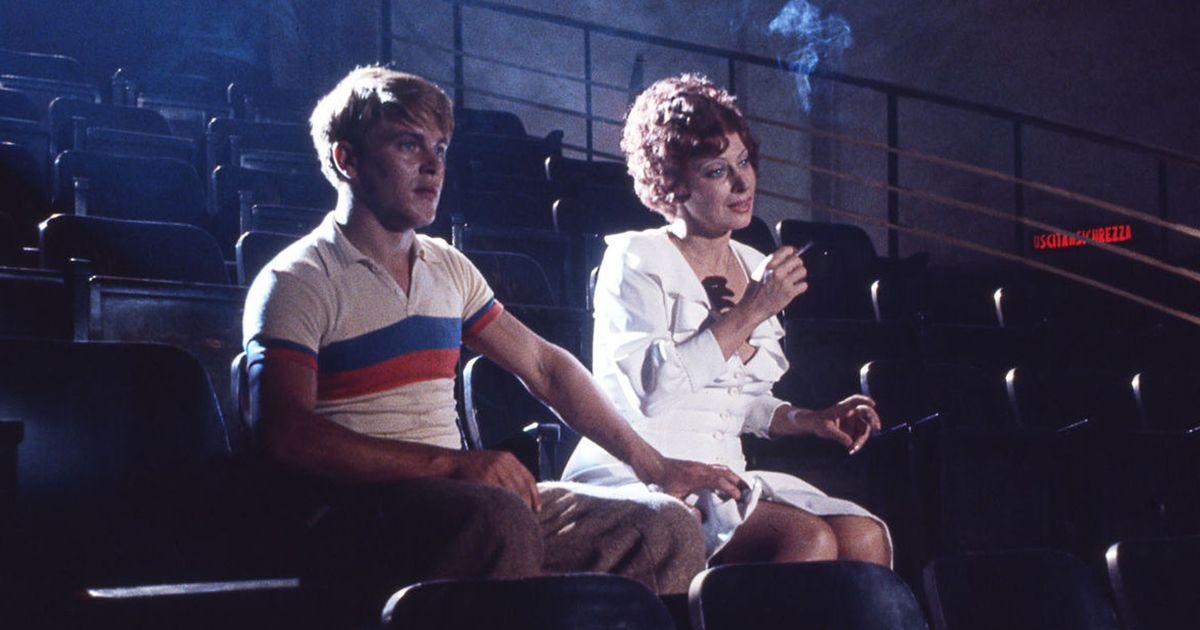
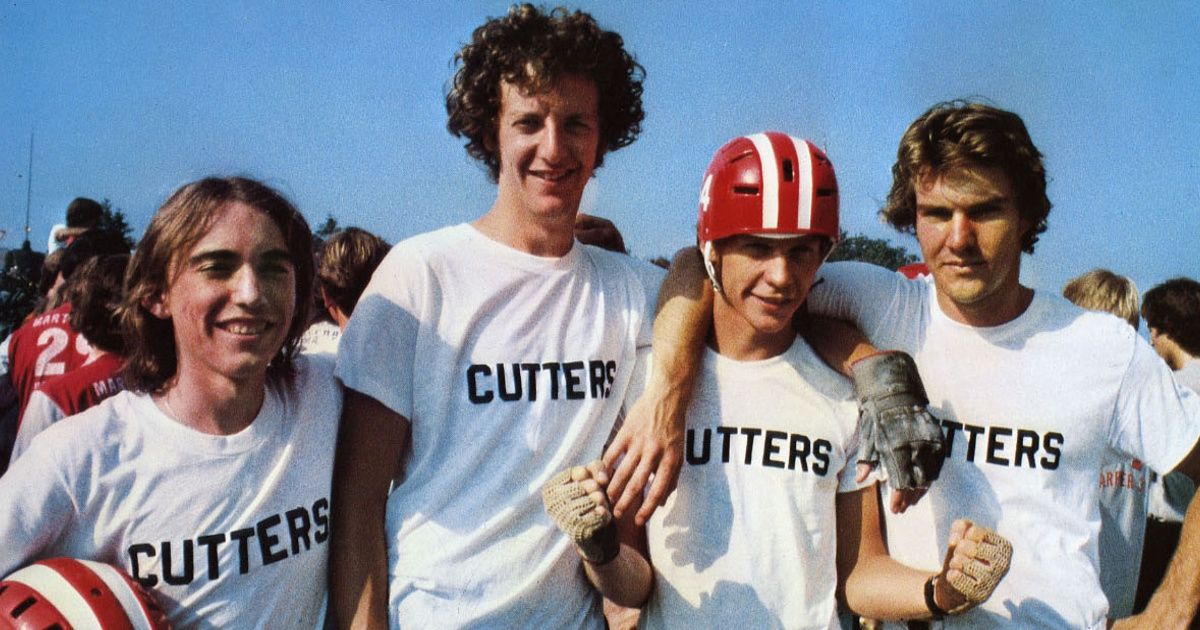
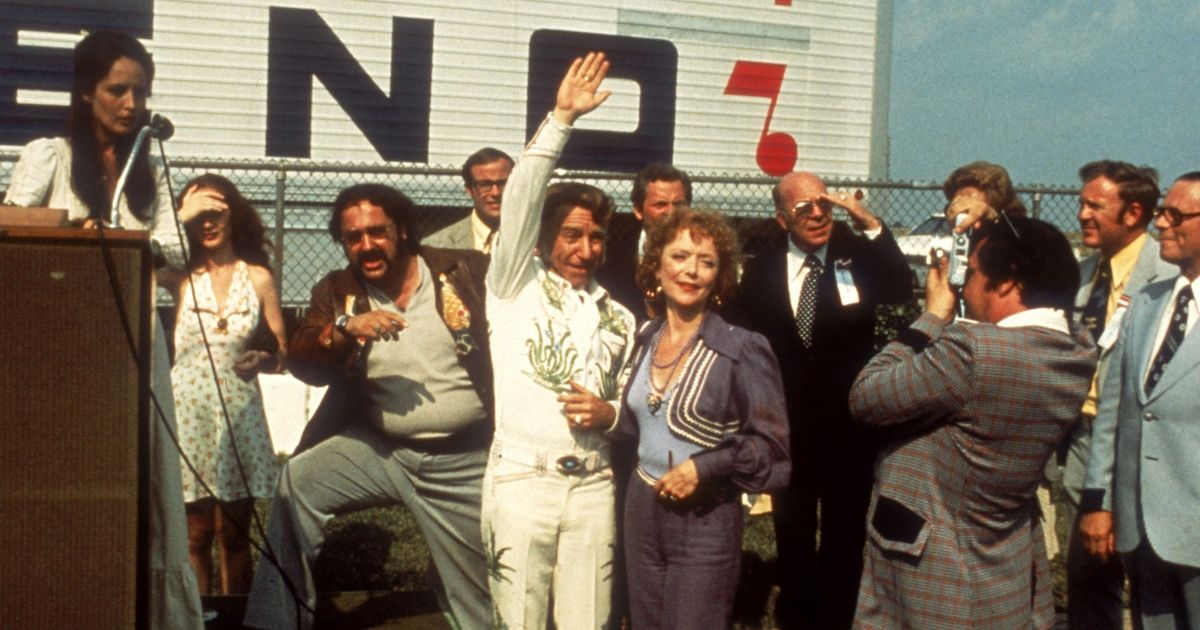
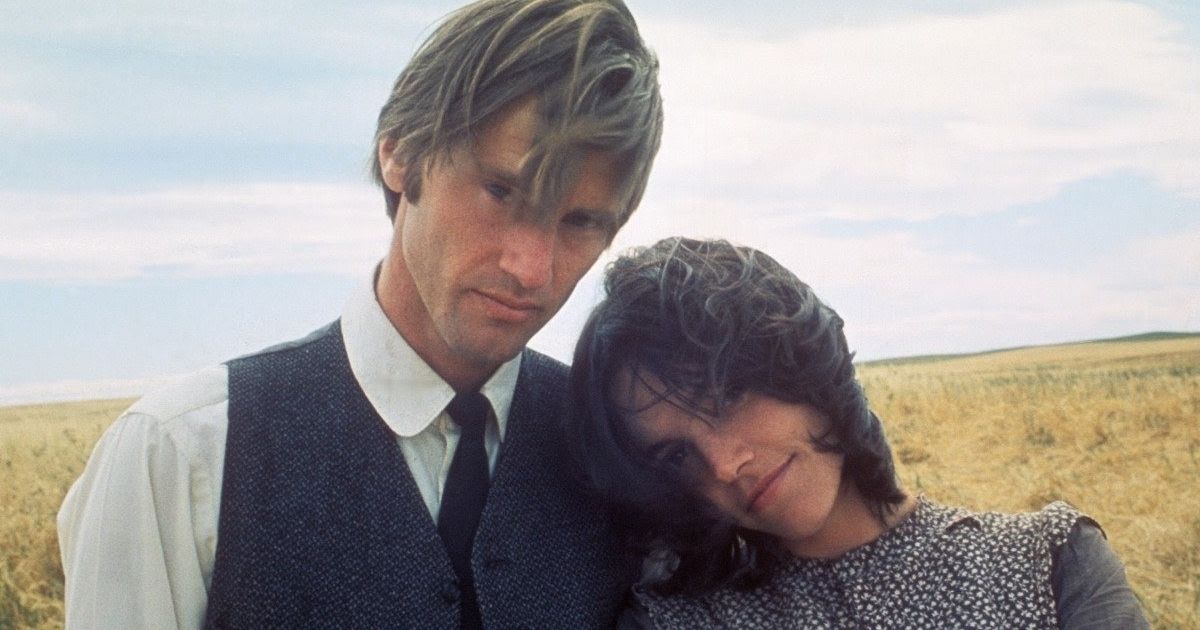
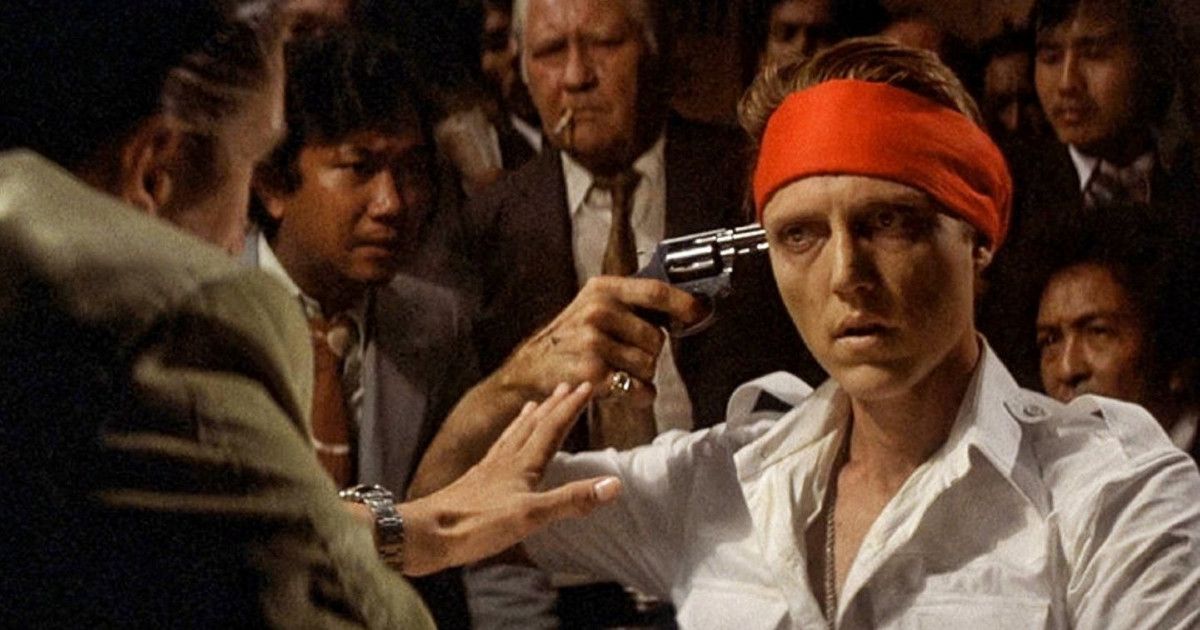

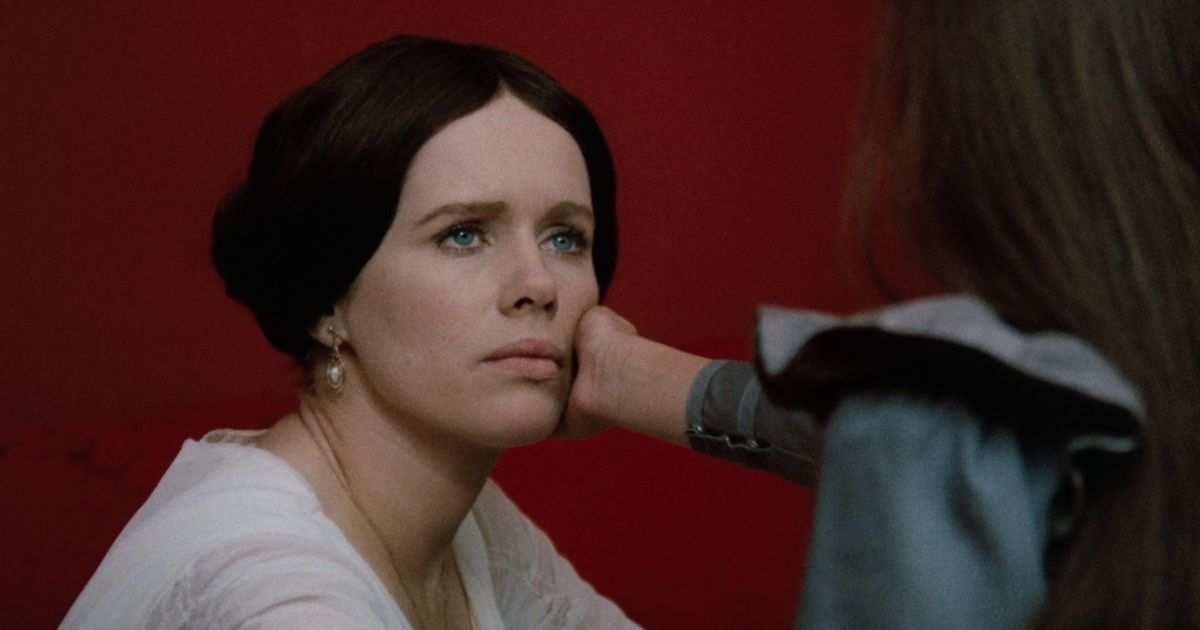
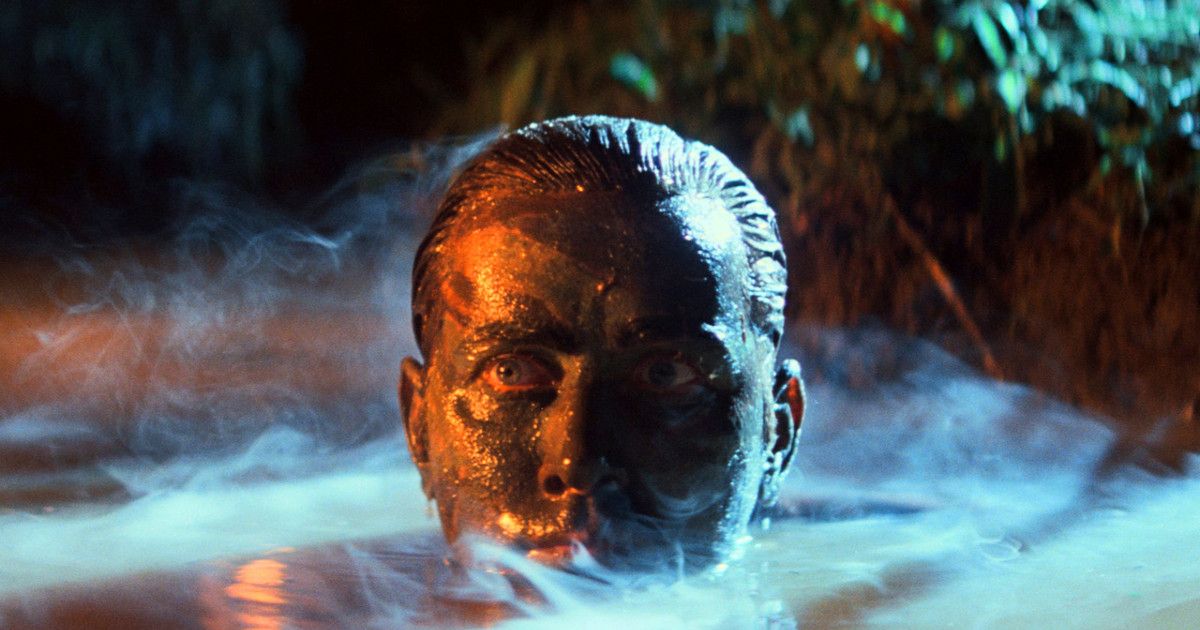
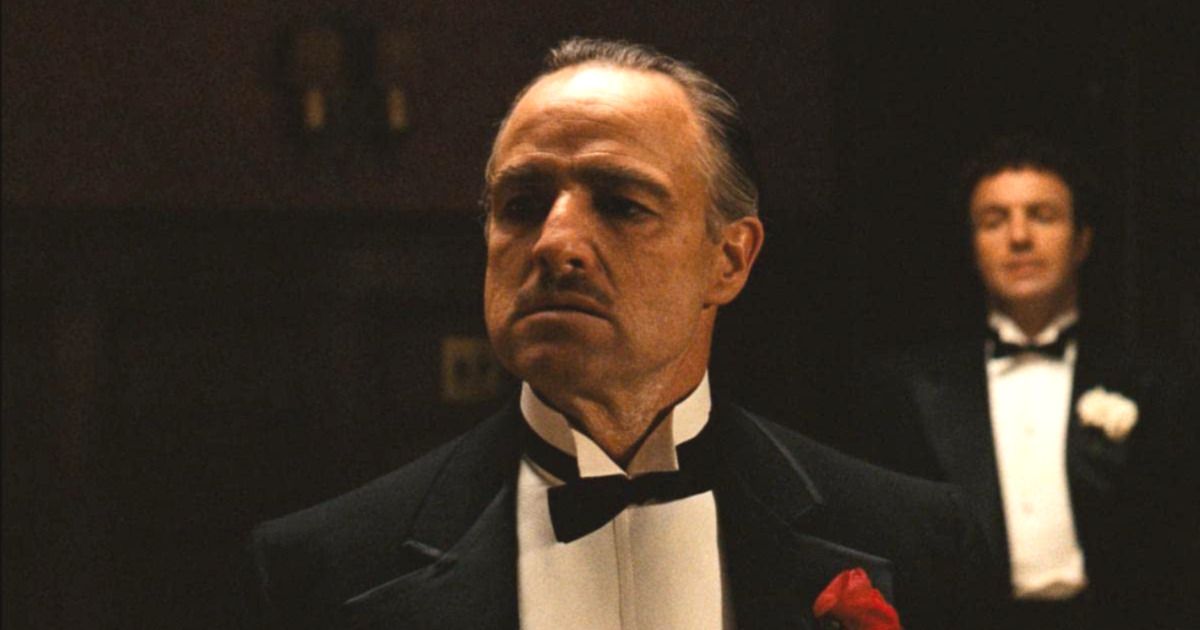
Comments
Post a Comment